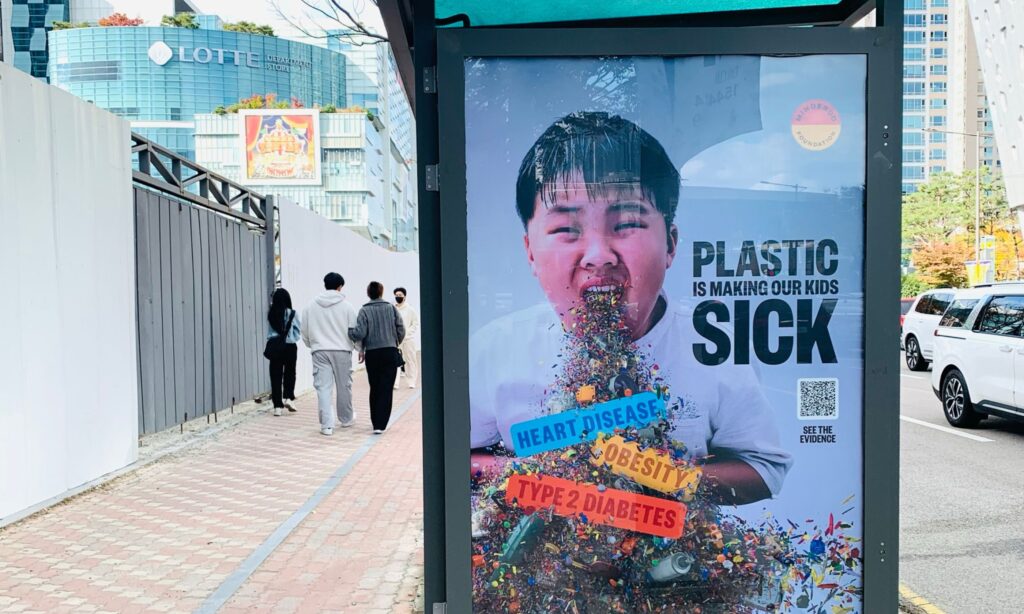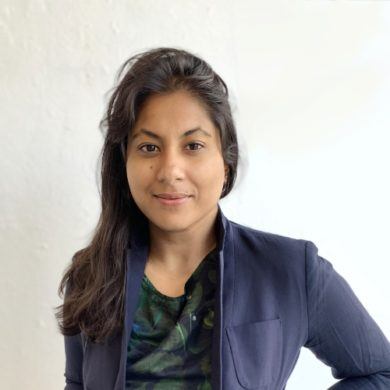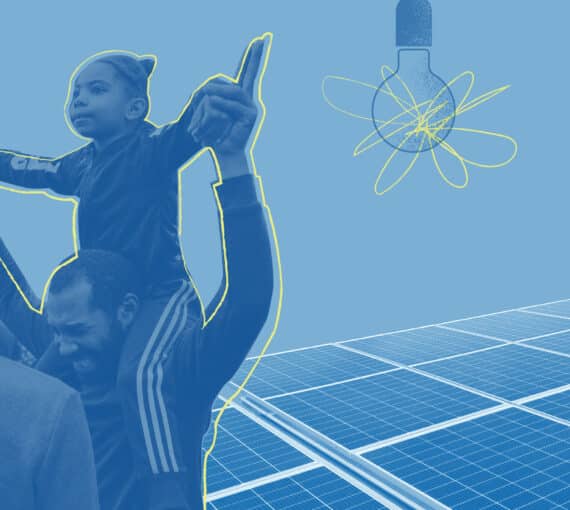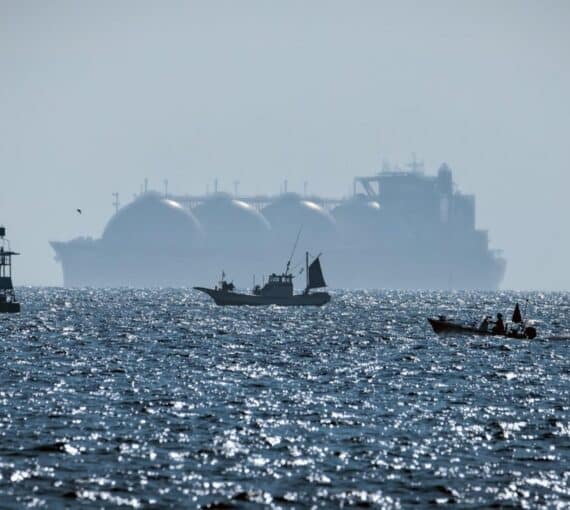
Global Plastics Treaty negotiations ended this year without a legal agreement.
After seven long days of negotiation and a closing plenary that ran into the middle of the night, the final scheduled session of the United Nations process to adopt a global treaty to end plastic pollution ended on December 1 in disappointment and deadlock. More than 3,360 delegates from 170 countries gathered in Busan, South Korea, for the negotiations in late November.
Countries will hold an additional negotiation session (INC-5.2) sometime in 2025. While a new draft text prepared by the committee chair — based on informal consultations — will serve as the starting point for talks, it has been strongly condemned by the International Indigenous Peoples’ Forum on Plastics (IIPFP) for failing to uphold the UN Declaration on the Rights of Indigenous Peoples.
Even though Indigenous communities are disproportionately exposed to the significant and systemic toxic harms of global plastics production and pollution, references to UNDRIP and human rights that appeared in previous treaty drafts have been removed.
Even though Indigenous communities are disproportionately exposed to the significant and systemic toxic harms of global plastics production and pollution, references to UNDRIP and human rights that appeared in previous treaty drafts have been removed.
Indigenous Peoples’ representatives and other observers were locked out of informal discussions that overtook the last days of INC-5. In the closing plenary, the IIPFP noted the deliberate dismissal of their sovereignty, rights and leadership and called for immediate substantive changes to process and text. At this point, an urgent transformation in the treaty-making approach is imperative; in particular, a revoking of the carte blanche that petrostates, their national oil empires and connected petrochemical and plastics industries have claimed in determining our collective future.
The IIPFP, Inuit Circumpolar Council, International Alliance of Waste Pickers and a vast coalition of hundreds of civil society groups from all world regions have called out the treaty-making process for perpetuating systems of injustice and exclusion, lacking transparency and limiting participation — which undermines prospects for a strong treaty founded on human rights and global health protection that effectively addresses the root cause of the plastic crisis.
Profound contention remains between two groups of states: those that demand a high-ambition treaty that will phase down production of plastic polymers and restrict toxic chemicals used in plastics, and those that simply want to protect the financial interests of the oil and petrochemical industries that are fuelling this global environmental, health and economic crisis.
The overwhelming majority of states has advocated for a cap on global plastics production, together with restrictions on toxic chemicals used in plastics and additional control measures across the full plastics life cycle.
The overwhelming majority of states has advocated for a cap on global plastics production, together with restrictions on toxic chemicals used in plastics and additional control measures across the full plastics life cycle.
However, a minority of countries, led by Saudi Arabia, Russia and Iran, has refused to acknowledge the robust body of scientific evidence and the lived realities of front-line communities, Indigenous Peoples and millions of waste pickers throughout this process, vehemently and persistently obstructing measures that would hinder their massive oil and petrochemical investments. The full membership of this latter group of self-proclaimed “like-minded countries” has never been made public, adding yet another layer of secrecy to this international legal process, to the detriment of global health and human rights.
There has been an almost complete erasure of Indigenous and civil society voices throughout the official segments of these talks, which have now failed to meet their original objective as resolved by the UN Environment Assembly. If the UN can’t follow norms embedded in the UNDRIP with respect to Indigenous Peoples’ representation and self-determination, or the fundamental principle of international law, which calls for public participation in deliberating issues of global environmental concern, what kind of justice can we hope for through multilateralism?
If the UN cannot recognize the deeply racist origins of international law that excluded Indigenous Peoples from membership in the international community, or transform the living legacy of this dark past as manifested in the exclusionary dynamics of contemporary international legal cooperation, then what hope do we have for achieving global health and equality?
International institutions leading the plastics treaty process must come to grips with the fact that their failure to date lies in their prioritization of the voices and interests of a profiteering few over the health of the planet, front-line communities and future generations.
International institutions leading the plastics treaty process must come to grips with the fact that their failure to date lies in their prioritization of the voices and interests of a profiteering few over the health of the planet, front-line communities and future generations.
Every minute of delay, one million plastic bottles are consumed. Every day of delay another 1.3 billion plastic bottles are placed on the global market. This toxic throwaway culture of instant gratification at the cost of perpetual harm is irreversibly and pre-emptively damaging the lives of many generations to come. Let this sink in to the very few countries that are holding back the global plastics treaty the world has demanded, and to the prevailing rest who hold the power to bring an end to this lethal obstruction.
RELATED PROJECTS
Always grounded in sound evidence, the David Suzuki Foundation empowers people to take action in their communities on the environmental challenges we collectively face.



